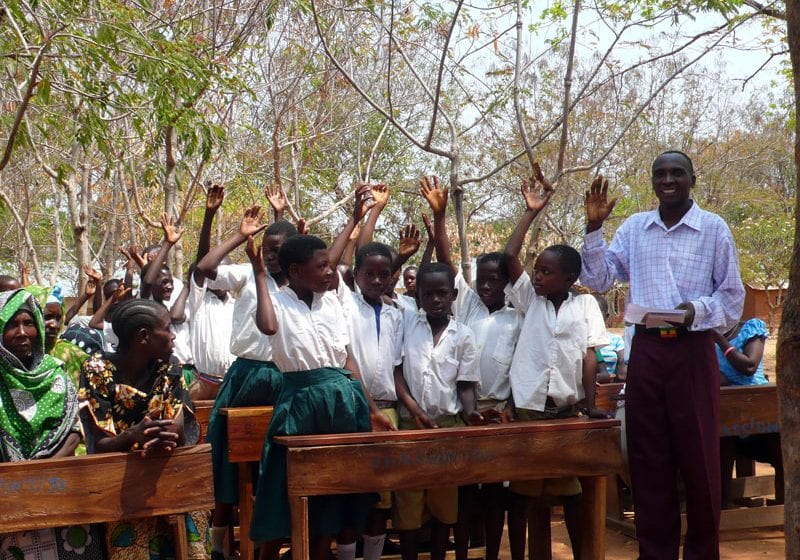Tipping paper manufacturer Tannpapier celebrated its 50th anniversary with more than 350 guests from 30-plus countries. The Austrian family-owned business also passed into the hands of the fifth generation during the event.
The celebration kicked off on Sept. 21. Among the invitees were customers, business partners and representatives from politics and industry. Prominent guests included the governor of Upper Austria, Josef Pühringer; the president of the Chamber of Commerce, Christoph Leitl; the former president of the Austrian Federation of Industries, Veit Sorger; and the mayor of Traun, Harald Seidl.
Under the motto “From a vision to success,” company officials reflected on the past and looked toward the future. Tannpapier specializes in printing and refinement of fine paper and is the world’s biggest producer of cigarette tipping papers. A subsidiary of the Trierenberg Holding, the company has more than nine production facilities and exports to more than 100 countries. In 2011 the Tann group’s 1,200 employees generated a turnover of around €255 million euro ($329.88 million), 55 percent of which came from Europe.
Christian Trierenberg, executive and chairman of the Trierenberg Holding’s board, outlined the path from vision to success. This path, he said, had not always been easy but was followed at all times with determination and commitment. Trierenberg said he looked forward to the visions and insights his daughters, Catharina and Stephanie, would develop and carry out.
“Fifty years ago we started; today we are the biggest producer of tipping paper worldwide, with exports to over 100 countries,” said Christian Trierenberg. “I am therefore filled with joy to look back. But it is even more interesting to look into the future together.”
“I am proud of my family and what we have achieved,” said Catharina Trierenberg. “But it is also a great responsibility that we shoulder for our employees and the entire company. I am fully aware of this responsibility and I will work hard so that we will also be successful in the future.”
Leitl presented Christian Trierenberg the Austrian Chamber of Commerce’s Golden Badge of Honor, and Pühringer gave him the Decoration of Merit in Gold of Upper Austria for his services and achievements.
During the ensuing plant tour, guests were able to view the production site and enjoy the Trierenberg Art initiative. The company’s factory is decorated with countless paintings, sculptures and photographs of renowned and emerging artists.
During the gala evening, artists reenacted the company’s history. The Louis Knie Jr. circus put up its tent on the Tann premises and the evening was hosted by the renowned entertainer, presenter and voice impersonator, Riccardo Mancini.
Daniel Wurtzel captivated the audience with his scarves floating in a stream of air, exemplifying the necessary imagination and creativity of an entrepreneur for his ideas to take off. With absolute control over their bodies, the Peres Brothers demonstrated the power and stamina required to be successful. Guinness world record holder and tightrope walker Freddy Nock showed how to keep one’s nerves under control even in dangerous situations. The artists of the Trio Bellissimo enthralled with their graceful perfectionism of synchronized movements by maintaining a bella figura during a challenging performance. The king of the pickpockets, Charly Borra, showed the public how important it is to keep a watchful eye on your belongings.
During the event, Tannpapier took the opportunity to introduce Gerhard Gocek, who joined the company as an executive in September and will co-manage the business going forward.




